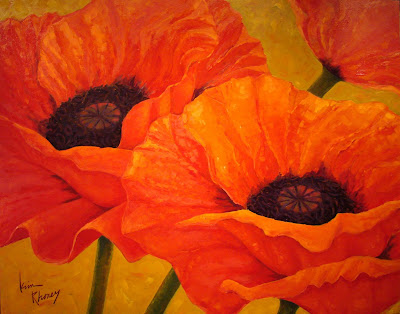"All adventures, especially into new territory,
are scary." ~ Sally Ride (May 26, 1951 - July 23, 2012).
June 18, 1983 saw the first American Woman in space as a crew member on Space Shuttle Challenger for STS-7. Sally Ride was both an American Physicist and an Astronaut.

































